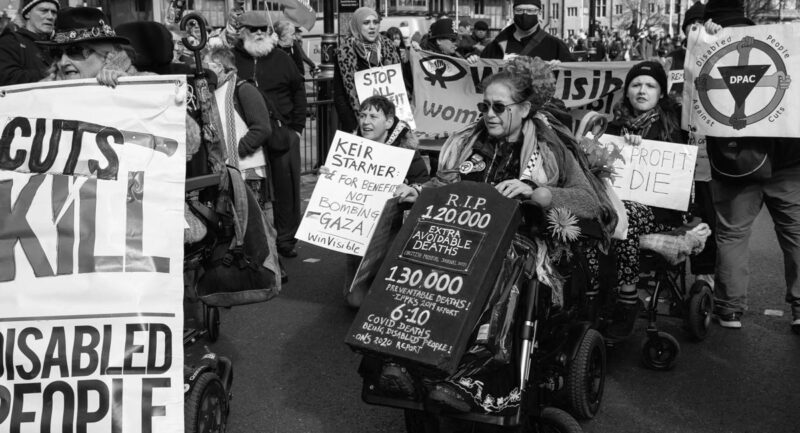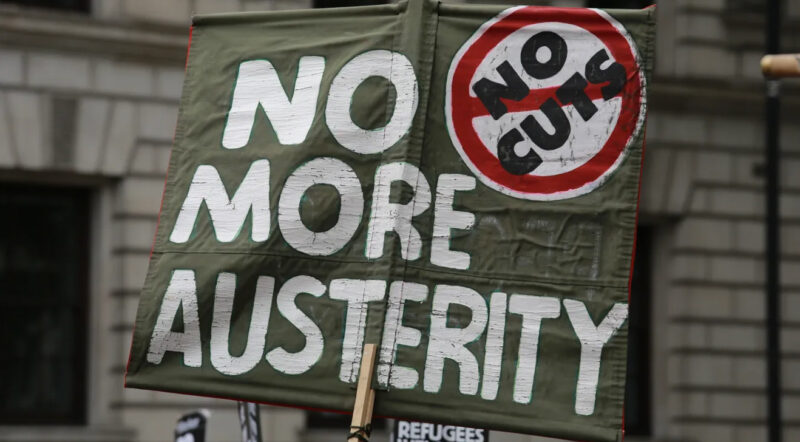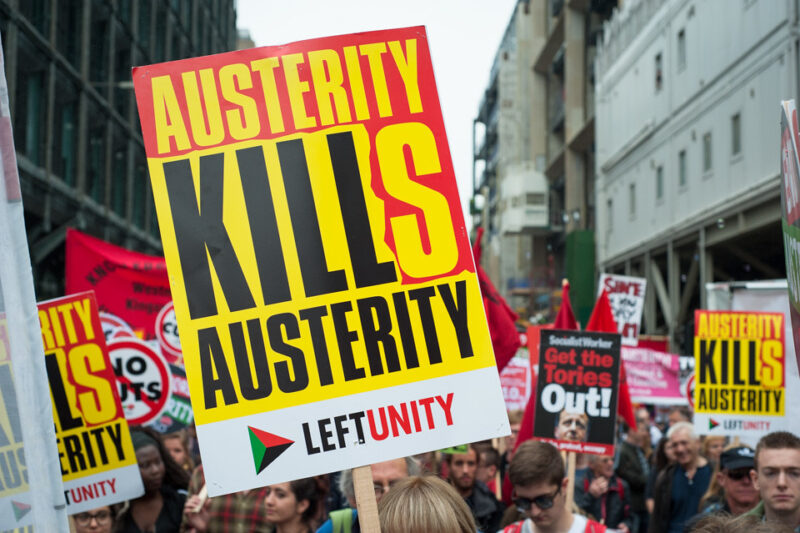Labour wins local support – now make them fight the cuts
Joy Macready takes stock of the results ot the local council elections and asks where now for Labour?
 Thursday 3 May proved to be a red-letter day for Labour. The local elections saw a mass turn to Labour, despite its lack of strategy to oppose austerity. This was clearly a protest vote against the Tory and Liberal Democrat Coalition, aimed at punishing them for swingeing cuts and the bad handling of the economy, as Britain slides back into recession.
Thursday 3 May proved to be a red-letter day for Labour. The local elections saw a mass turn to Labour, despite its lack of strategy to oppose austerity. This was clearly a protest vote against the Tory and Liberal Democrat Coalition, aimed at punishing them for swingeing cuts and the bad handling of the economy, as Britain slides back into recession.
Labour wrested control of 32 councils, bringing its total up to 75 across the country. The party picked up 823 new council seats, for a total of 2,158. It gained 20 seats in Birmingham and took control of the council, which had been run by a Tory and Liberal Democrat coalition for eight years.
In Dudley Labour picked up 13 seats from the Tories to give it overall control of the council. Importantly for Labour, it also held Glasgow against the Scottish National Party (SNP). In Wales, Labour’s results were the best since 1996, taking control of 10 out of 21 councils in the poll.
It proved to be a bruising day for the Tories and even more so for the Lib Dems. The Tories lost 405 seats and control of 12 councils. Only in London did the Tories buck the general trend, with the re-election of Boris Johnson as mayor.
The Lib Dems crashed out, losing one council and 336 councillors, leaving them with the lowest number of seats since their party was formed in 1988.
In the Pentland Hills ward in Edinburgh, the Lib Dem candidate won fewer votes than independent candidate Mike Ferrigan, who ran his campaign as “Professor Pongoo” in a full penguin suit.
As a result the Coalition is facing sharp criticism from inside its ranks, and the cracks are deepening. The Tory right has attacked David Cameron, calling for “more Conservatism and less Liberalism”. The Lib Dems have been told to “keep calm” by Nick Clegg, but are mindful of the collapse in its activist base. Last year the Lib Dems lost just over 44 per cent of the seats they contested, and 70 per cent of their seats in metropolitan councils.
The Coalition also suffered a setback, as nine out of 10 cities rejected a directly elected mayor, effectively voting against replacing the power of councils – already much reduced – with personal popularity contests. The largely right wing local and national press more easily manipulates these mayoral elections, as London shows. Despite a big push from Cameron, only Bristol voted in favour.
Another party that suffered a drubbing was the fascist British National Party (BNP). All the BNP candidates who stood in the elections lost, meaning that there is no BNP councillor in Burnley for the first time in 10 years. These results leave the BNP with just three councillors, down from a high of 57.
The Left
George Galloway’s Respect Party built on its success in the Bradford West by-election, gaining five seats on Bradford council. This included the Little Horton seat of Ian Greenwood, Bradford’s Labour council leader since 2010, lost after three recounts to Respect’s Alyas Karmani.
The Trade Unionist and Socialist Coalition (TUSC) did not fare as well, garnering only 1.2 per cent of the vote in the London Assembly. Although it picked up two councillors – Michael Lavalette in Preston and Peter Smith in Walsall – it lost its seat in Coventry, held by Dave Nellist since 1998.
The TUSC’s poor results are the result of a number of factors, including a campaign woefully short of activists except where the Socialist Party or the Socialist Workers Party had candidates.
Although it stood key union figures, the organisation is too amorphous – a political alliance without a clear programme or democratic structure. It is difficult to know how to join TUSC and become an active member. Critically, it has not developed as an organisation beyond the sum of its parts.
People are looking for a real alternative with defined policies – a political party – that has longevity and is vying for political power. Respect has a prominent leader, true, but more importantly it says it’s a party.
These election results prove that people across the country still turn to the Labour Party to give the Coalition government a bloody nose. In this respect, the death of the Labour Party in the eyes of the working class is an exaggeration. But does that mean that Labour has won back support in working class communities?
The need for a new alternative to Labour
Well, Ed Miliband seems to think so, off the back of a few bad weeks for the Coalition. In his victory speech he told voters that Labour is “back throughout the country on your side”.
What he doesn’t admit is that most people can see that there is only a difference of timescale between the Coalition’s answer to the crisis and his. The austerity cuts – over 80 per cent of which have not yet been implemented – are deeply unpopular with British workers, but Labour do not stand opposed to them.
That is why George Galloway thumped Labour with a 10,000 majority in the Bradford by-election: he spoke out against the Tories’ vicious cuts and the sell-off of the NHS.
During Question Time on the night of the election, one person argued that if Labour were arguing what the French presidential candidate François Hollande was arguing, its popularity would see a massive resurgence. Many people are looking across the Channel to the Socialist candidate and wondering why no one in the UK is brave enough to adopt policies disapproved of by the bankers and the rich.
Instead Labour is expelling its few members that voted against implementing council cuts, such as George Barratt in Barking and Dagenham and Kingsley Abrams in Lambeth.
To counter this, we need to do two things. First, we need to place demands on Labour councillors that have won seats from the Tories and Lib Dems and apply pressure on them. We should demand that they refuse to implement the cuts, defend the NHS and support workers on strike. We cannot let them off the hook – we must push them to breaking point.
At the same time, we need to develop an alternative to Labour. We need to forge a political party that will fight for working class policies. We should call on all trade unions, left electoral alliances like TUSC and the Scottish Socialist Party, political organisations, rank and file groups, and new initiatives such as UK Uncut, Occupy and the Anticapitalist Initiative, to come together and call a national convention to discuss founding a new mass party of the working class.
We need a party that does not limit its political activities to electioneering, but is on the streets and the picket lines, embedded in working class struggles and active in our communities, with the aim of transforming the whole of society.









